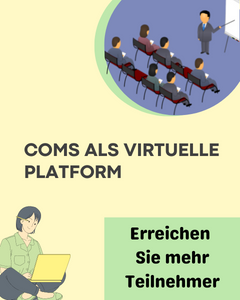Startseite / Konferenzkalender / Mathematik / Mathematische Logik, Grundlagen der Mathematik / Deutschland
Konferenzen > Mathematik > Mathematische Logik, Grundlagen der Mathematik > Deutschland
Wählen Sie ein Land aus
Deutschland
1
GI-Dagstuhl-Seminar — Tools for Reachability Analysis of Stochastic Hybrid Systems
14. Dez 2025 - 19. Dez 2025 • Schloss Dagstuhl, Deutschland
Eintrags-ID:
1670267
Webseite:
Conference-Service.com stellt der Öffentlichkeit ein Kalendarium wichtiger Konferenzen, Symposien und sonstiger Tagungen im wissenschaftlich-technischen Bereich zur Verfügung. Obwohl das Verzeichnis mit großer Sorgfalt zusammengestellt und ständig aktualisiert wird, weisen wir auf die Möglichkeit von Fehlern ausdrücklich hin. Bitte vergewissern Sie sich immer beim Veranstalter, bevor Sie über die Teilnahme oder Nichtteilnahme an einer Konferenz entscheiden.
Stand vom 22. Juli 2025



